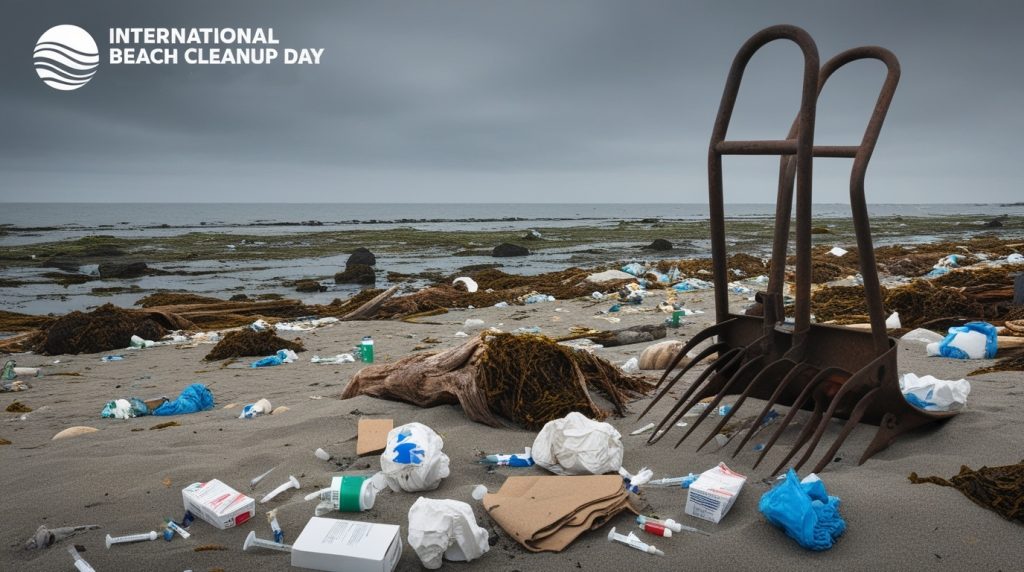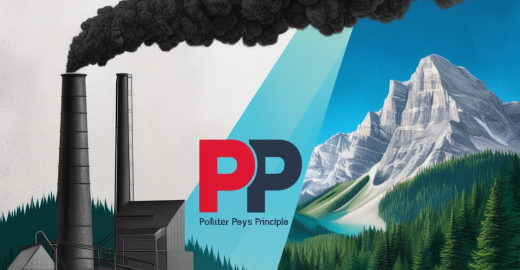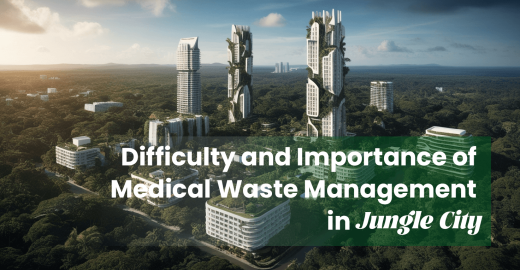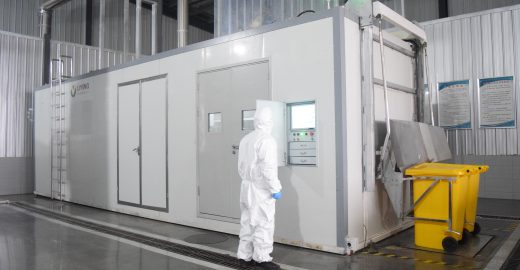Time:
Today marks the 39th International Coastal Cleanup Day, this day aims to raise global awareness about ocean conservation, clean up beach waste, reduce pollution, and protect marine ecosystems. It is not just a cleanup operation but a profound call to humanity for environmental consciousness.
Back in the previous two years, the beaches of Rio Grande do Norte, Brazil had a shocking scene. A huge amount of garbage had been washed up on the beach by the waves. It weighed 1.5 tons. And it contained syringes, blood collection tubes with blood inside, clothing, shoes and documents. It took many days for local residents to finish the cleanup without wearing protective gear.
In neighboring Paraíba state, environmental departments removed 12 tons of waste from the beaches of two coastal cities. This included posters, plastic packaging, and other debris. Authorities believed the waste was carried by ocean currents and tides before being deposited on the beaches.
“This waste poses threats to both the environment and our lives. We are deeply concerned,” said local residents.
Such waste is not only an unrelenting assault on the ocean but also a severe threat to human health and safety. It reflects a critical, long-ignored problem—waste management. Every day, humanity produces massive amounts of waste, including hazardous medical waste, which presents even graver challenges.
When medical waste is mixed with regular household garbage, it escalates the risks of waste management, facilitating reproduction and spread of pathogens. This adds to the complexities of waste processing.

For oceans, medical waste contains harmful substances such as chemicals and pathogens that directly pollute seawater, poisoning and killing marine life. These harmful substances accumulate through the food chain, ultimately affecting human health.
For example, fish that ingest polluted water or food will accumulate toxins in their bodies, and when humans consume these fish, they too are exposed to the dangers. Organic matter and heavy metals in medical waste contribute to the eutrophication of seawater, leading to red tides and disrupting marine ecological balance. Disposable plastic products from medical waste exacerbate marine plastic pollution, causing entanglement, ingestion, and harm to marine organisms. Additionally, ocean pollution significantly impacts industries such as fisheries and tourism, causing enormous economic losses.
To improve the current situation and support sustainable development, LI-YING actively responds to environmental policies. We have introduced medical waste disposal equipment that employs non-incineration technology. This equipment ensures the proper treatment of medical waste and some solid waste, allowing certain metal or plastic components of medical items to be safely recycled after sterilization. Previously, our sterilization equipment has been exported to various countries and regions, contributing to a greener future.
We call on medical institutions and all sectors of society worldwide to prioritize the standardized treatment of medical waste. From source segregation, safe packaging, and professional transportation to non-hazardous treatment, every step is crucial. Protecting the oceans and beaches starts with each individual!
On this International Coastal Cleanup Day, let us take Brazil's beach waste as a warning and act together to leave a cleaner, healthier ocean environment for future generations. After all, 70% of our planet is ocean. The future of the oceans is the future of humanity.
Know more about our solutions.

What is the Polluter Pays…

Forests and wetlands are …

Of course! LI-YING has ex…
PDF Request